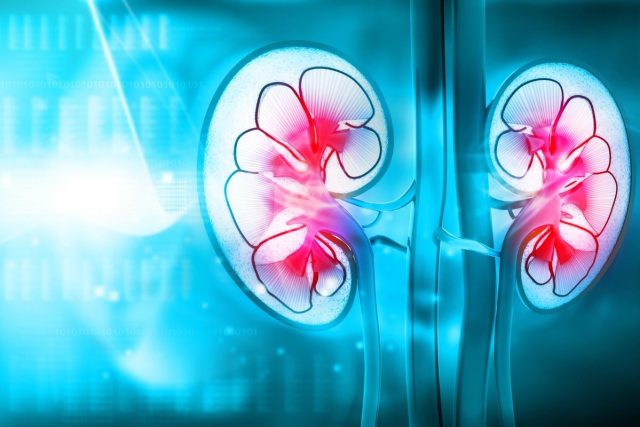However, no association seen between NSAID use and fetal nephrotoxicity in sibling comparisons
By Elana Gotkine HealthDay Reporter
MONDAY, Jan. 6, 2025 (HealthDay News) — Gestational exposure to nonsteroidal anti-inflammatory drugs (NSAIDs) is associated with an increased risk for childhood chronic kidney disease (CHD), although the association is not seen in sibling comparisons, according to a study published online Dec. 23 in JAMA Pediatrics.
You-Lin Tain, M.D., Ph.D., from Kaohsiung Chang Gung Memorial Hospital and the Chang Gung University College of Medicine in Taiwan, and colleagues examined the association between gestational exposure to NSAIDs and the risk for CKD in childhood in a cohort study involving 1,025,255 children born alive in Taiwan from Jan. 1, 2007, to Dec. 31, 2017, with follow-up until Dec. 31, 2021.
The study included 163,516 singleton-born children whose mothers used at least one dispensing of an NSAID during pregnancy. The researchers observed a significant association between gestational NSAID exposure and a higher risk for childhood CKD (weighted hazard ratio [wHR], 1.10). In sibling comparisons, there was no association seen between NSAID use and fetal nephrotoxicity. In singleton-born children, increased risks were seen for exposure during the second and third trimesters (wHRs, 1.19 and 1.12, respectively). Specific NSAID exposures associated with elevated CKD risk included indomethacin and ketorolac in the first trimester (wHRs, 1.69 and 1.28, respectively); diclofenac and mefenamic acid in the second trimester (wHRs, 1.27 and 1.29, respectively); and ibuprofen in the third trimester (wHR, 1.34).
“Future research should investigate the specific roles of genetic and environmental factors in kidney development across different stages of pregnancy,” the authors write.
Copyright © 2025 HealthDay. All rights reserved.



















